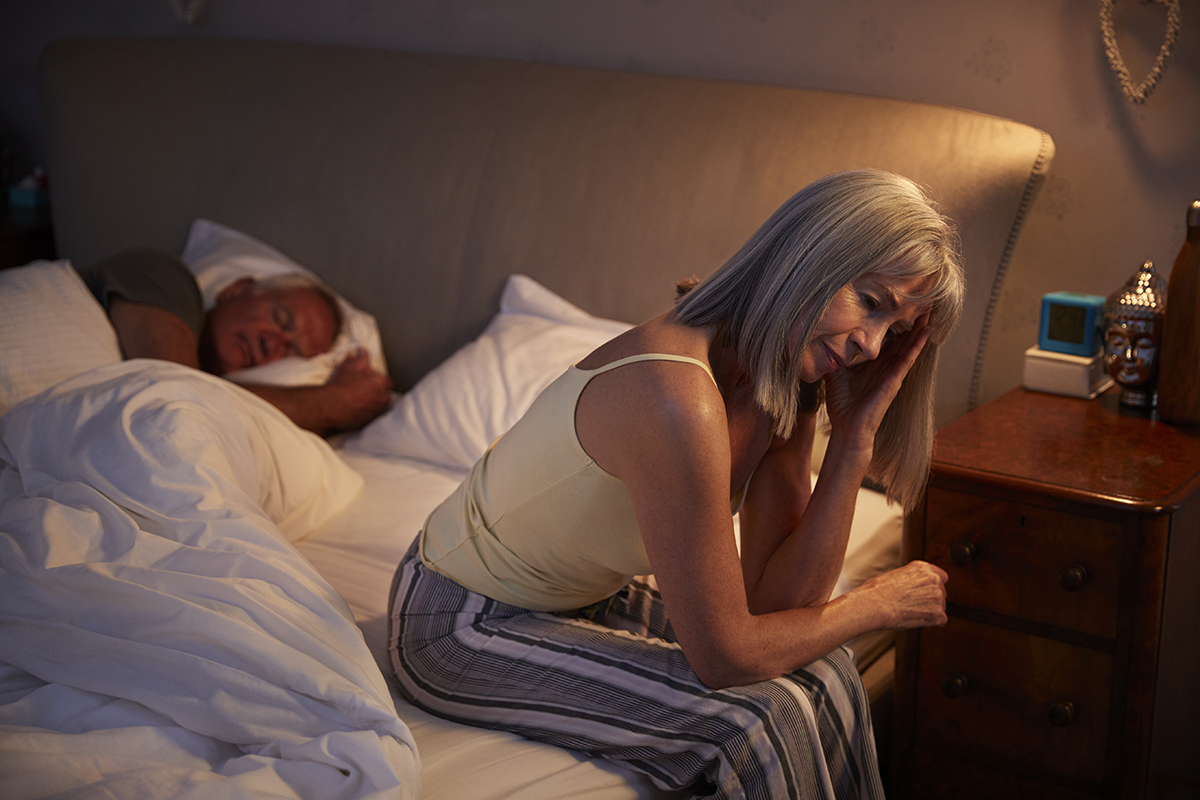If you’ve ever had trouble falling asleep as quickly as you’d like, or staying asleep through the night, you may have heard that having a nightcap before bed will help solve those problems. However, drinking before bed disrupts the sleep cycle, and the more you drink, the higher your likelihood of waking up feeling unrested. Here’s a closer look at the relationship between alcohol and sleep disorders.
What Happens When We Sleep?
Understanding your sleep cycle can help provide a more complete picture of what happens while you’re getting your shuteye every night. During the typical night, sleep takes place in alternating periods of slow-wave sleep and rapid eye movement (REM) that repeat about every 90 minutes.
Sleep researchers have identified the later stages of slow-wave sleep as the deepest, when your body restores itself and releases various hormones responsible for growth and development. In contrast, REM sleep is when your brain is most active and dreams occur.
How Alcohol Contributes to Sleeping Problems
Alcohol interferes with REM, which can cause you to wake up from a dream and be unable to fall back asleep. It can also make you more likely to snore and experience sleep apnea – a disorder where you repeatedly stop breathing throughout the night. These issues both lead to more drowsiness and trouble concentrating during the daytime. Research has also linked the combination of sleep apnea, snoring and alcohol use with an increased risk of heart attack, arrhythmia, stroke and sudden death.
While one beer or a glass of wine isn’t likely to cause these issues, the more alcohol you consume before bed, the more disruption it will cause to your sleep cycle – especially in the latter half of the night. If you struggle with insomnia and use alcohol as a sleep aid, you will eventually build a higher tolerance, which can put you on the path to a substance abuse disorder.
Why Recovering Alcoholics Experience Sleep Disorders
Trouble sleeping is one of the most prevalent withdrawal symptoms reported by people who have recently quit drinking. Depending on the severity of your alcohol use disorder, you may experience sleep disturbances such as taking longer to fall asleep, waking up more often throughout the night, having low-quality sleep and extreme fatigue during the day.
Waking up feeling groggy and unfocused is a common problem for people in recovery. After the initial withdrawal phase subsides, alcoholics can experience some improvement in sleep patterns, but for some recovering addicts, disrupted sleep may persist even after years of sobriety.
The misconception that drinking alcohol before bed is one significant reason for relapse among alcoholics. If you’re having trouble sleeping, you’ll be much better off in developing a healthy bedtime routine that includes relaxing activities like meditation, gentle stretching and drinking a soothing cup of chamomile tea.
You Deserve to Feel Your Best
At New Found Life, we have helped hundreds of men and women discover the incredible benefits of lifelong sobriety. At our Long Beach addiction treatment center, our treatment team is here for you when you’re ready to take the first steps toward breaking the self-destructive cycle of alcohol abuse. Request the help you need today.

